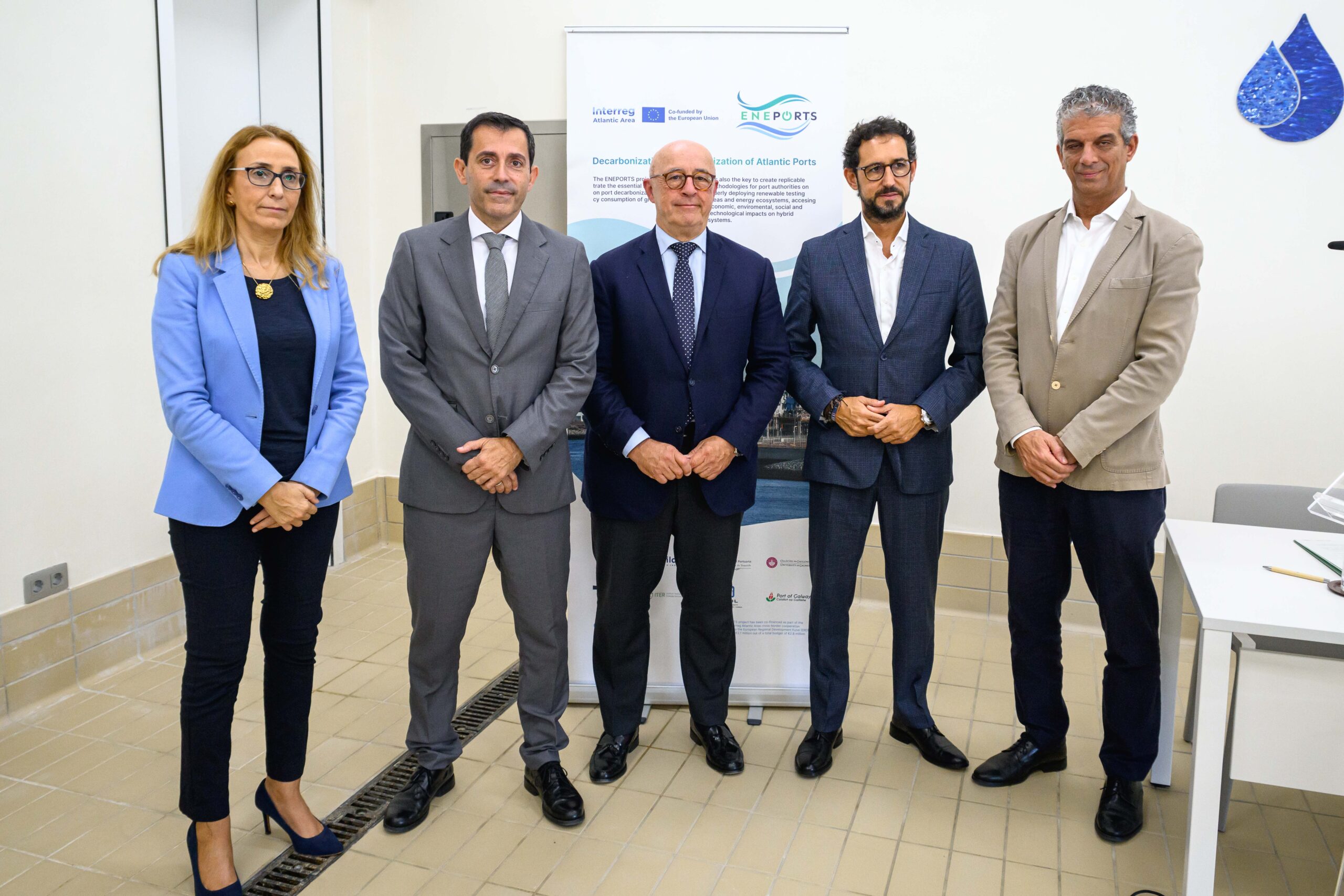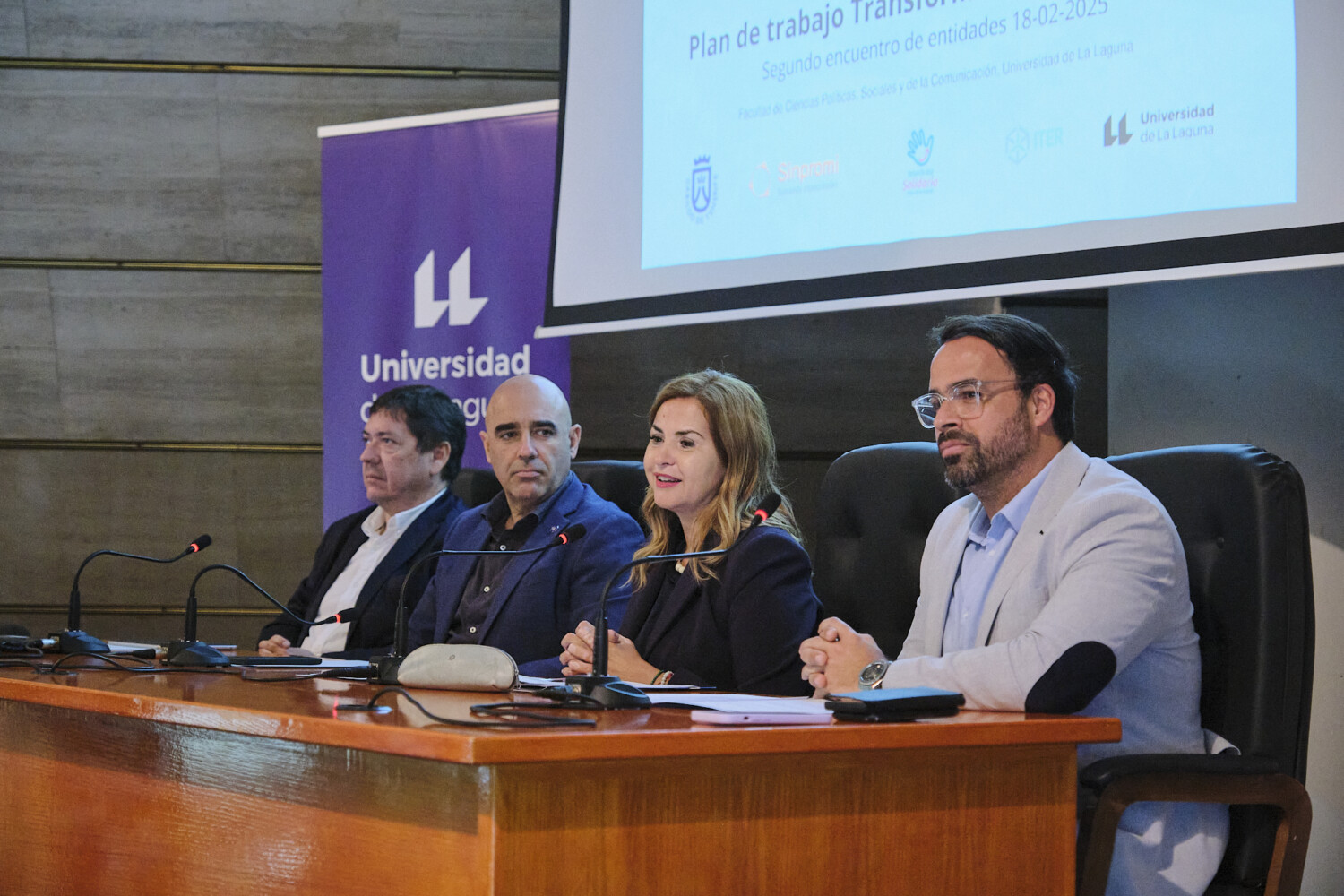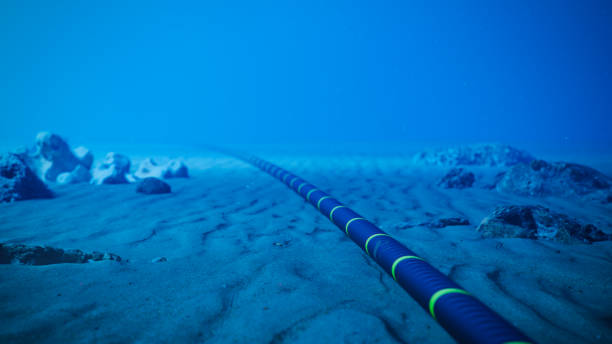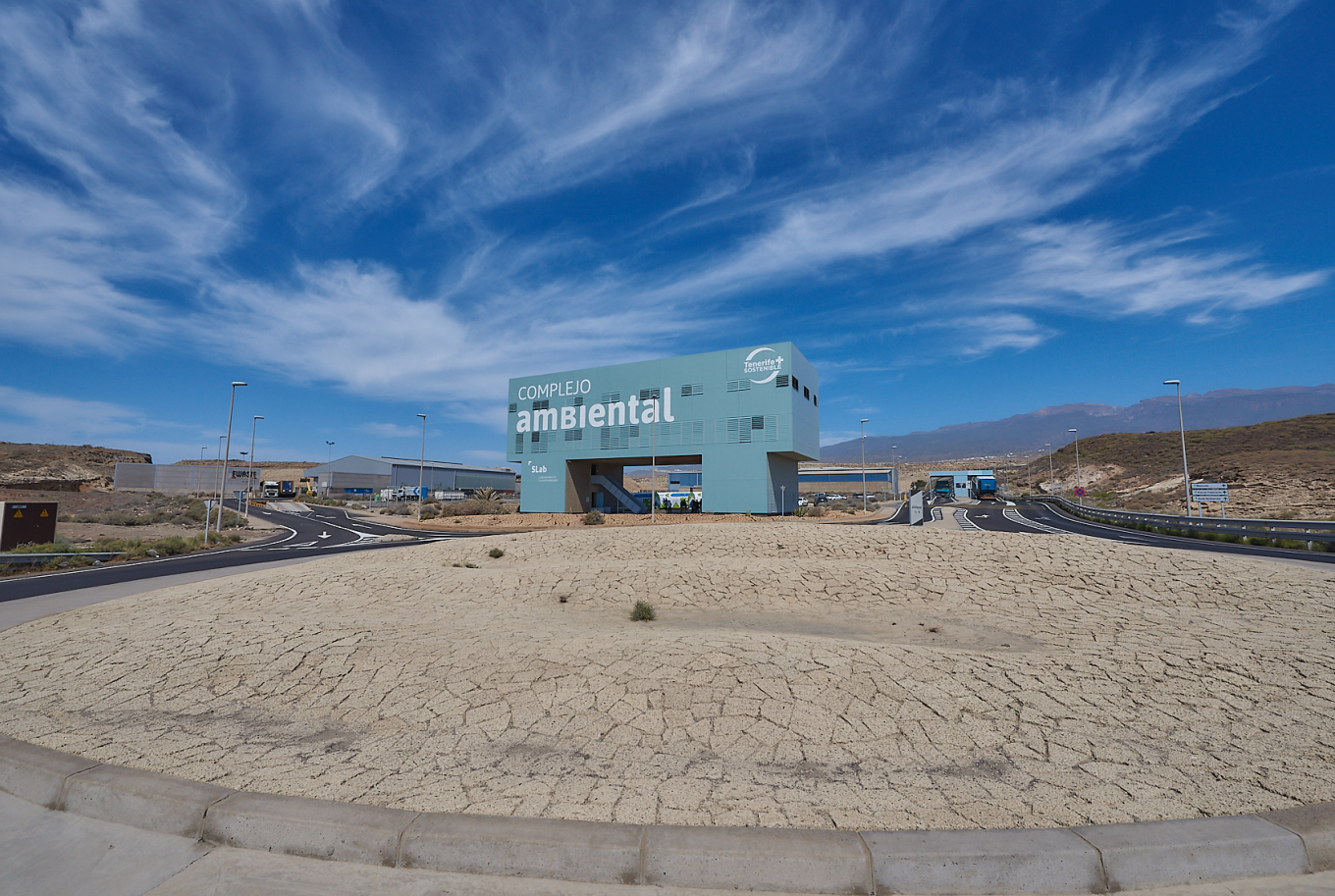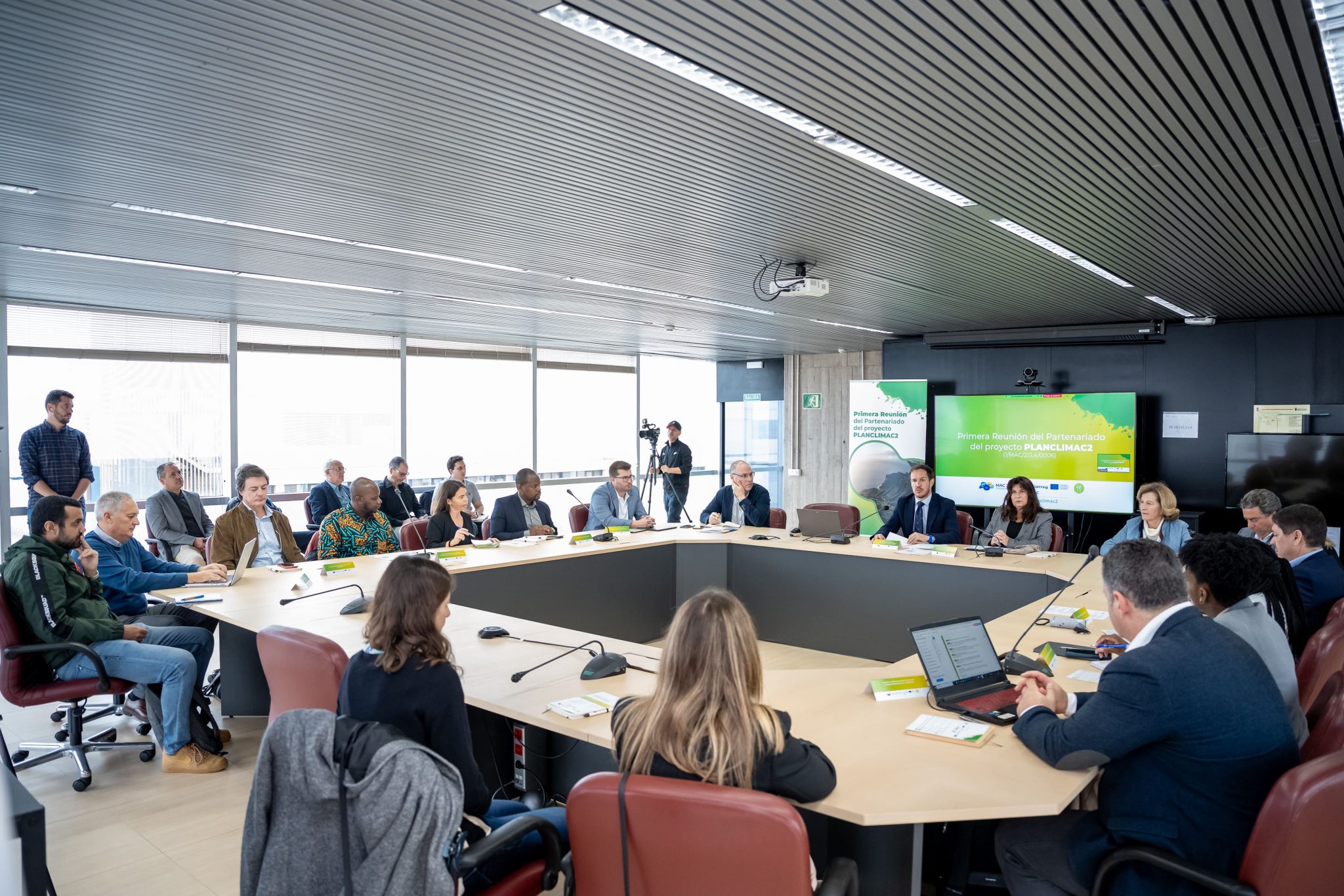The Port Authority of Santa Cruz de Tenerife, the Instituto Tecnológico y de Energías Renovables (ITER) and the ITG Centro Tecnológico Nacional signed today the agreement to develop the initiative that will reduce the carbon footprint of the Port of Santa Cruz de Tenerife.
The Instituto Tecnológico y de Energías Renovables (ITER), an entity dependent on the Cabildo de Tenerife, the Port Authority of Santa Cruz de Tenerife and the ITG Centro Tecnológico Nacional (ITG) have signed today (Thursday 14) the collaboration agreement for the development of the project “Decarbonization and Digitalization of Atlantic Ports (ENEPORTS)”, financed by the Atlantic Area Program 2021-2027.
The event was attended by the president of the Port Authority of Santa Cruz de Tenerife, Pedro Suárez; the Councilor for Innovation, Research and Development of the Cabildo de Tenerife, Juan José Martínez; and the director of the Energy Division of ITG Centro Tecnológico Nacional, Santiago Rodríguez Charlón, who presented the project. ENEPORTS. Besides, the head of the Innovation and Strategic Projects Division at the Port Authority of Santa Cruz de Tenerife, Mr. Santiago Yanes, was in charge of detailing the decarbonization plan for the Port of Granadilla.
Pedro Suárez indicated that the agreement “represents a significant step towards the energy transition in port infrastructures, with a clear commitment to the reduction of emissions and the implementation of disruptive technologies for a more efficient and sustainable management of energy”. In this regard, Suarez pointed out that there is a European directive that penalizes ships docking in Europe for CO2 emissions “but Canary Islands ports are special because we are in a different geographical location. This directive is hindering our competitiveness because our competitors are in Africa and they are not affected by the European directive”.
“With this project we want to vindicate our work to reduce the carbon footprint – on which we have been working for years – as well as our position as an outermost region and the need for Canary Island ports to receive an exemption and not lose competitiveness,” said Pedro Suarez.
For his part, Juan José Martínez, said that “ITER, as a reference center in renewable energies and advanced technological solutions, will contribute with its experience in the monitoring of energy data and in the provision of specialized equipment to be installed in the port. We will also collaborate with ITG in the analysis and modeling of port electrical systems, simulating future scenarios to anticipate needs and optimize the use of energy resources”. Martínez also pointed out that this type of projects “are part of the policy of fight against Climate Change that we are developing from the Cabildo of Tenerife. This agreement also reflects the value of inter-institutional collaboration in research and development projects, which open up new opportunities for innovation and position our ports as benchmarks of sustainability and technology in the Atlantic region”.
Santiago Rodríguez Charlón explained that the ENEPORTS project aims to accelerate the decarbonization and digitalization of the Atlantic ports through the use of advanced technologies. The agreement between the three entities aims to execute joint research, development and innovation (R&D&I) activities within the framework of the ENEPORTS project, focused on the installation and monitoring of measuring equipment and sensors in the study locations, the analysis of the data obtained and the implementation of good practices and the application of advanced technologies, such as artificial intelligence and unmanned aerial vehicles, to improve the energy efficiency of the ports.
For his part, Santiago Yanes pointed out that the Port Authority of Santa Cruz de Tenerife will make the facilities of the Port of Granadilla available as a test bench, where real-time data on energy consumption and production will be taken. This data will be managed through an intelligent digital platform for subsequent analysis. For its part, ITER will provide its experience in renewable energies and advanced technological solutions for energy monitoring, while the ITG National Technology Center will lead the project and coordinate the development of solutions based on artificial intelligence for port energy management.
The consortium executing the project ENEPORTS is made up by port authorities and technological organizations from Spain, Portugal and Ireland, among them the Port Authorities of Santa Cruz de Tenerife (APSCT), Ferrol – San Cibrao, Leixões-Douro-Viana do Castelo, and Galway. Also participating are partners such as ITER, the engineering school BUILDERS, the University of Galway and the technology center ITG Centro Tecnológico Nacional, which is coordinating the project. The implementation period of the ENEPORTS project runs until November 2026, with the possibility of extension. During this time, the consortium of entities will work together in the development of innovative solutions that position the Atlantic ports at the forefront of sustainability and digitalization.
More information about the ENEPORTS project on its web page: https: //eneports.eu/es


